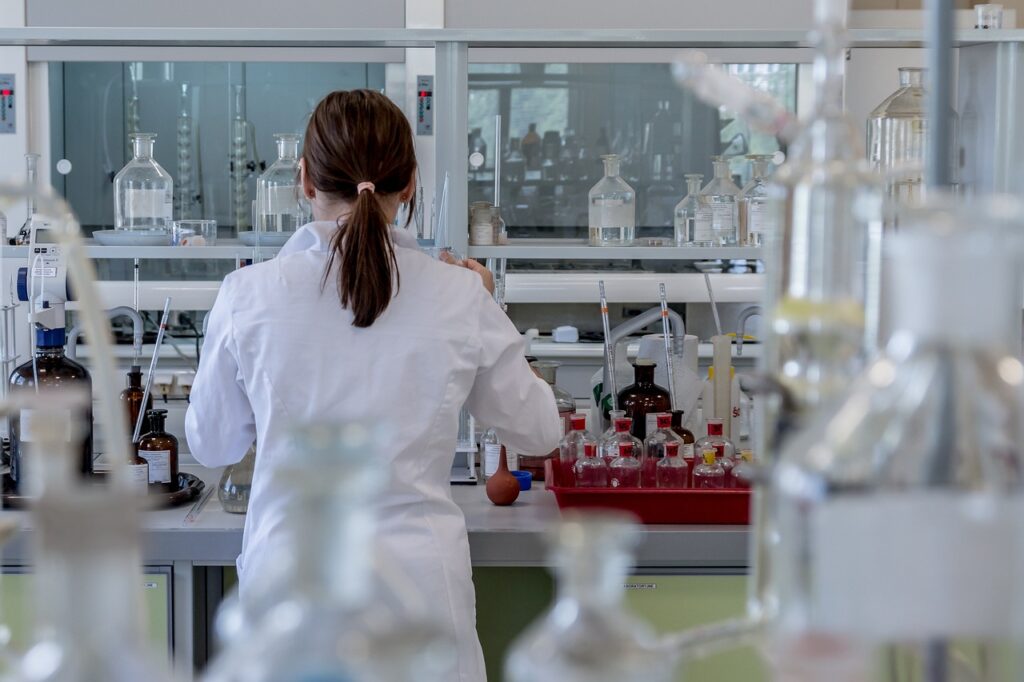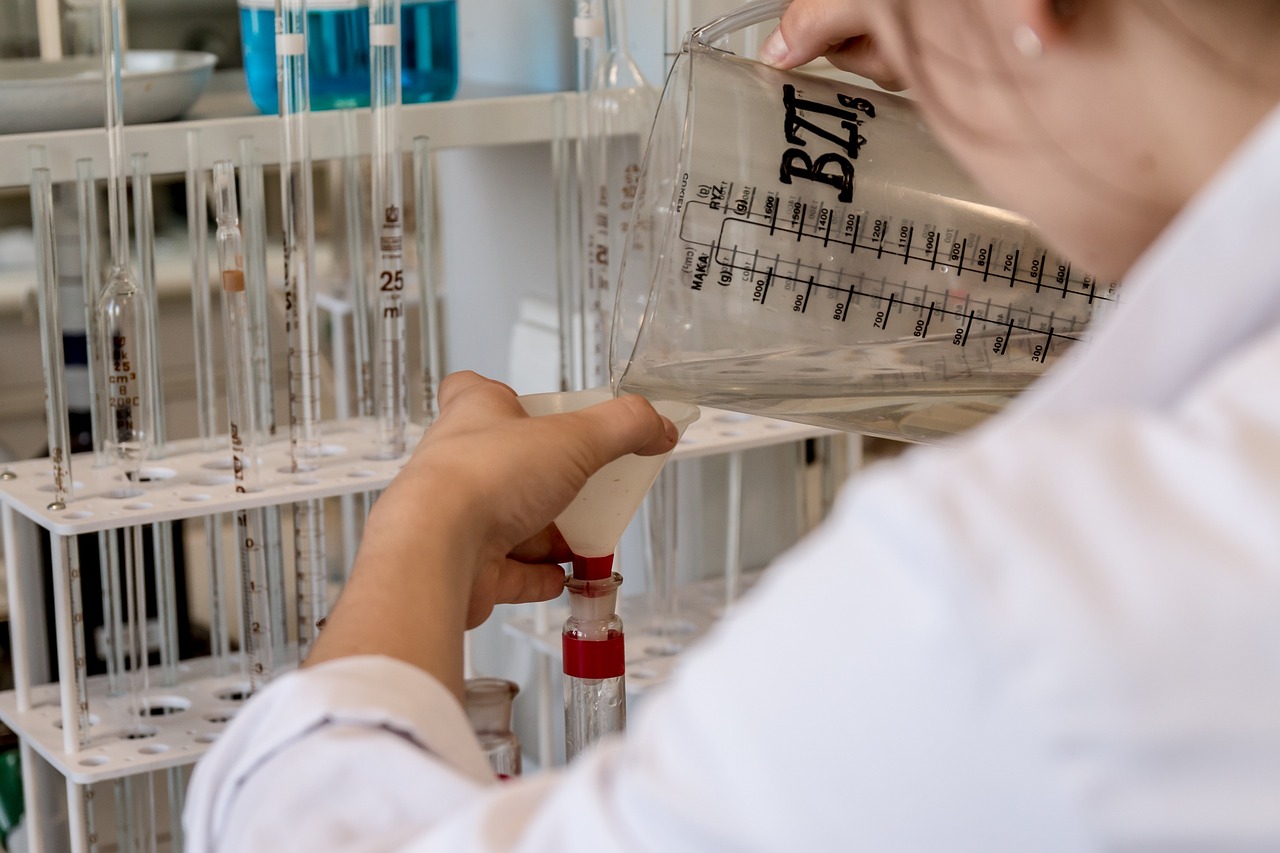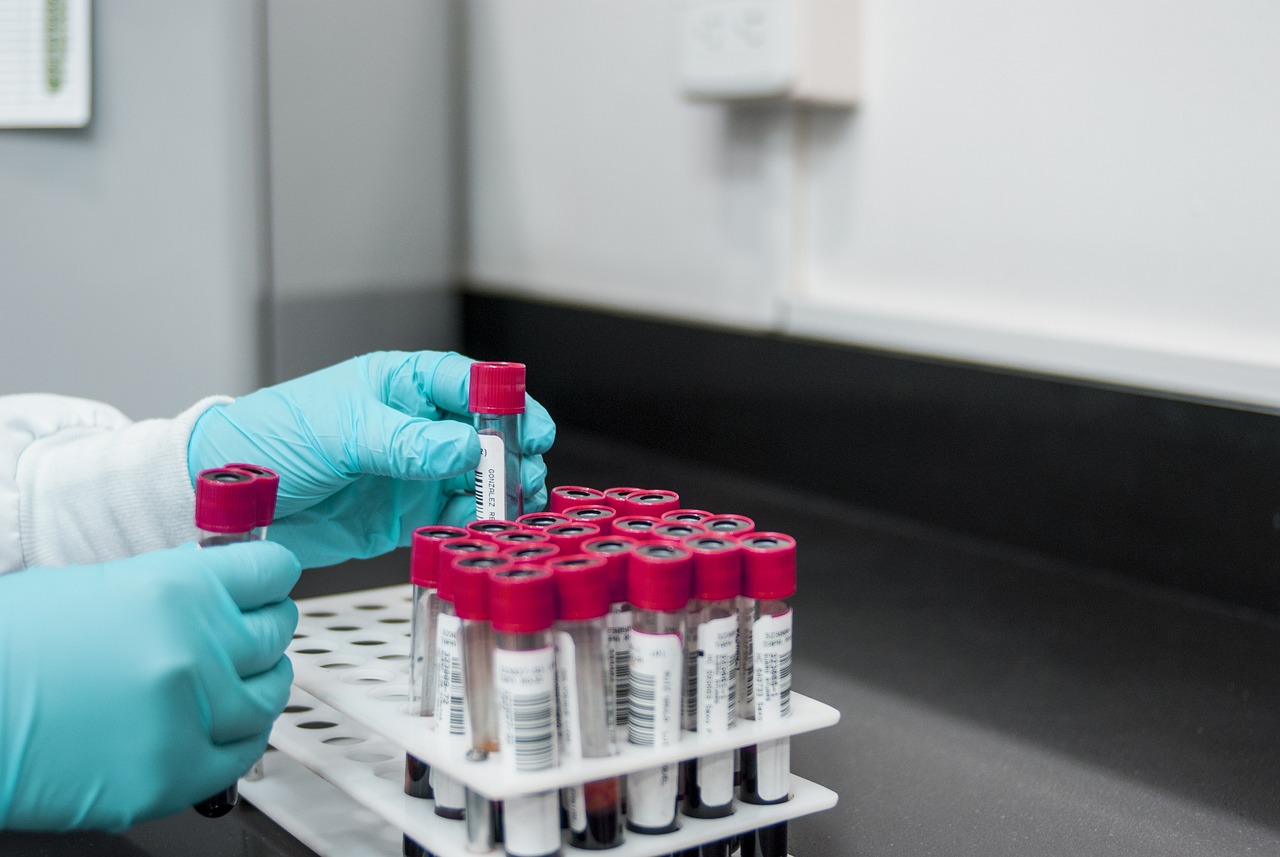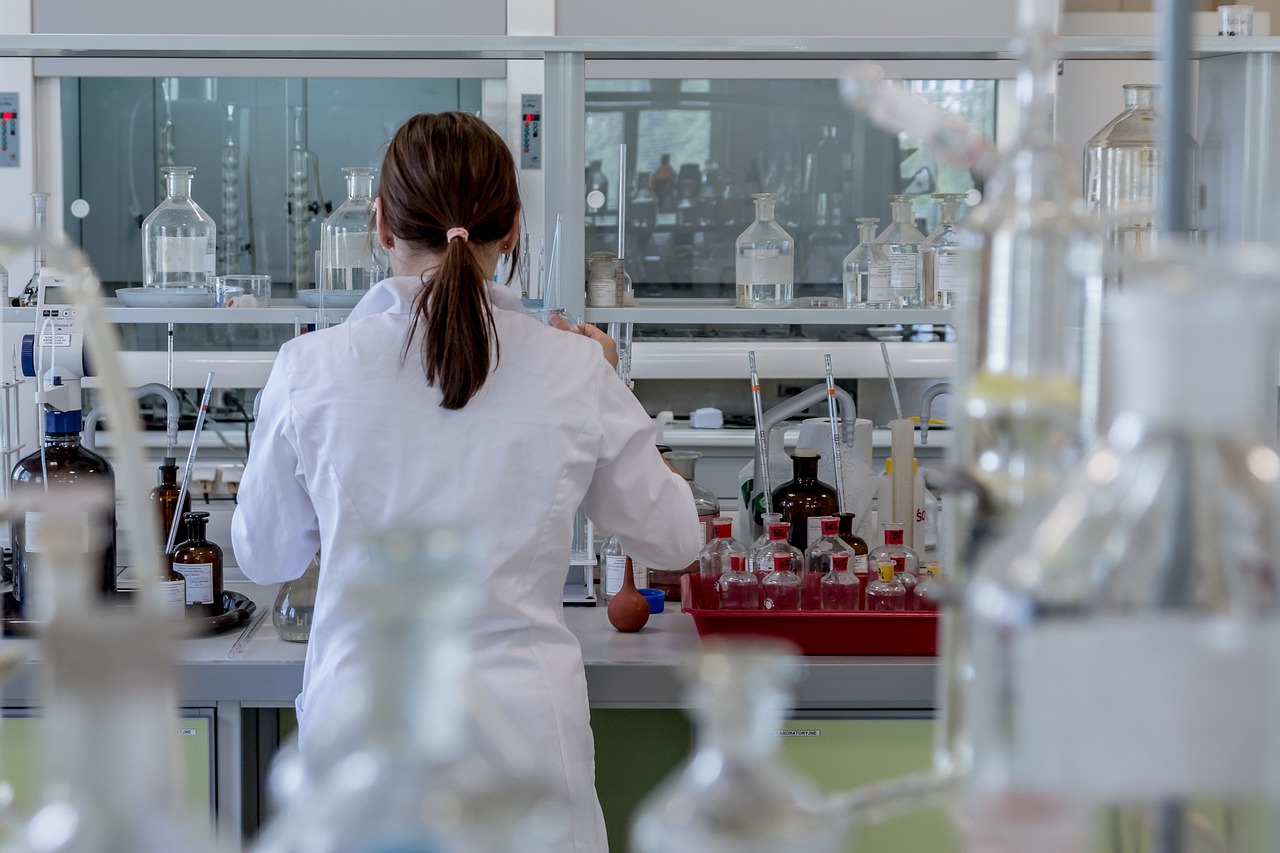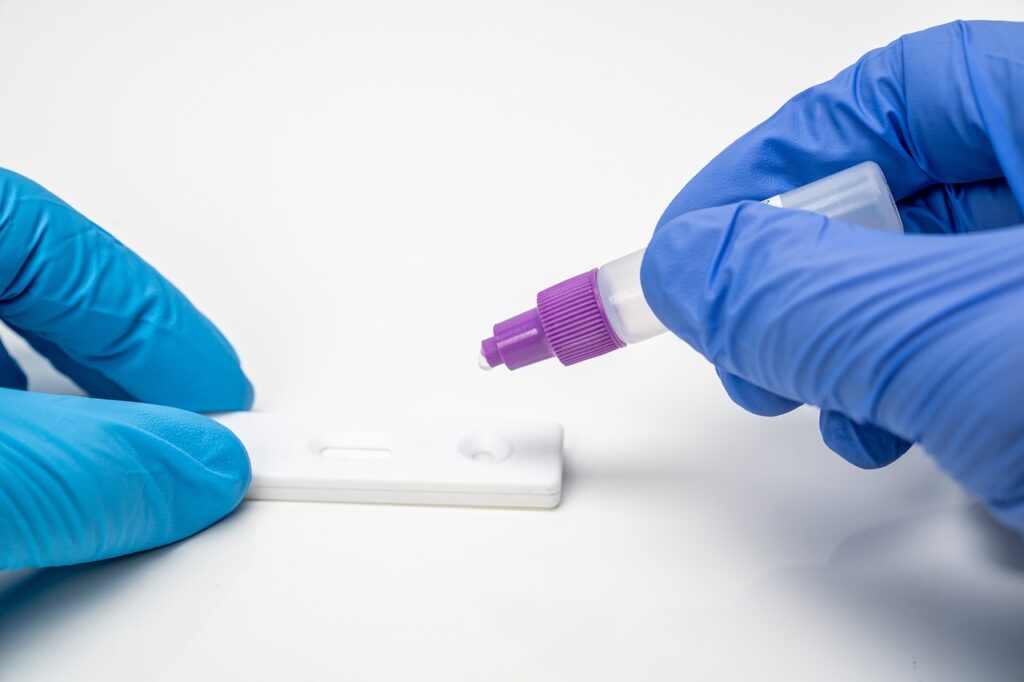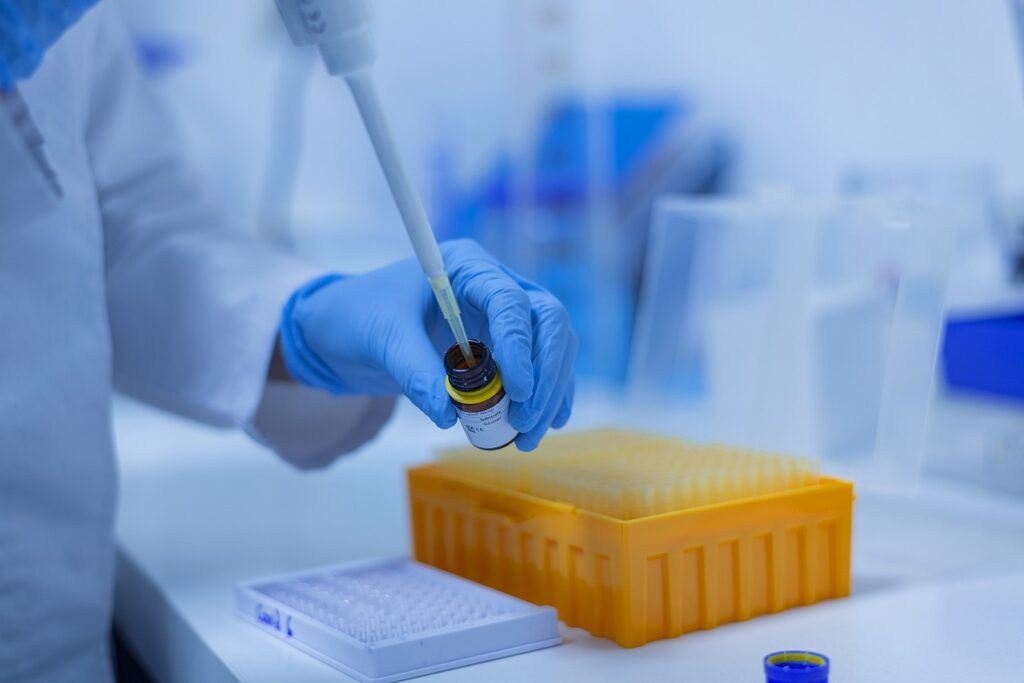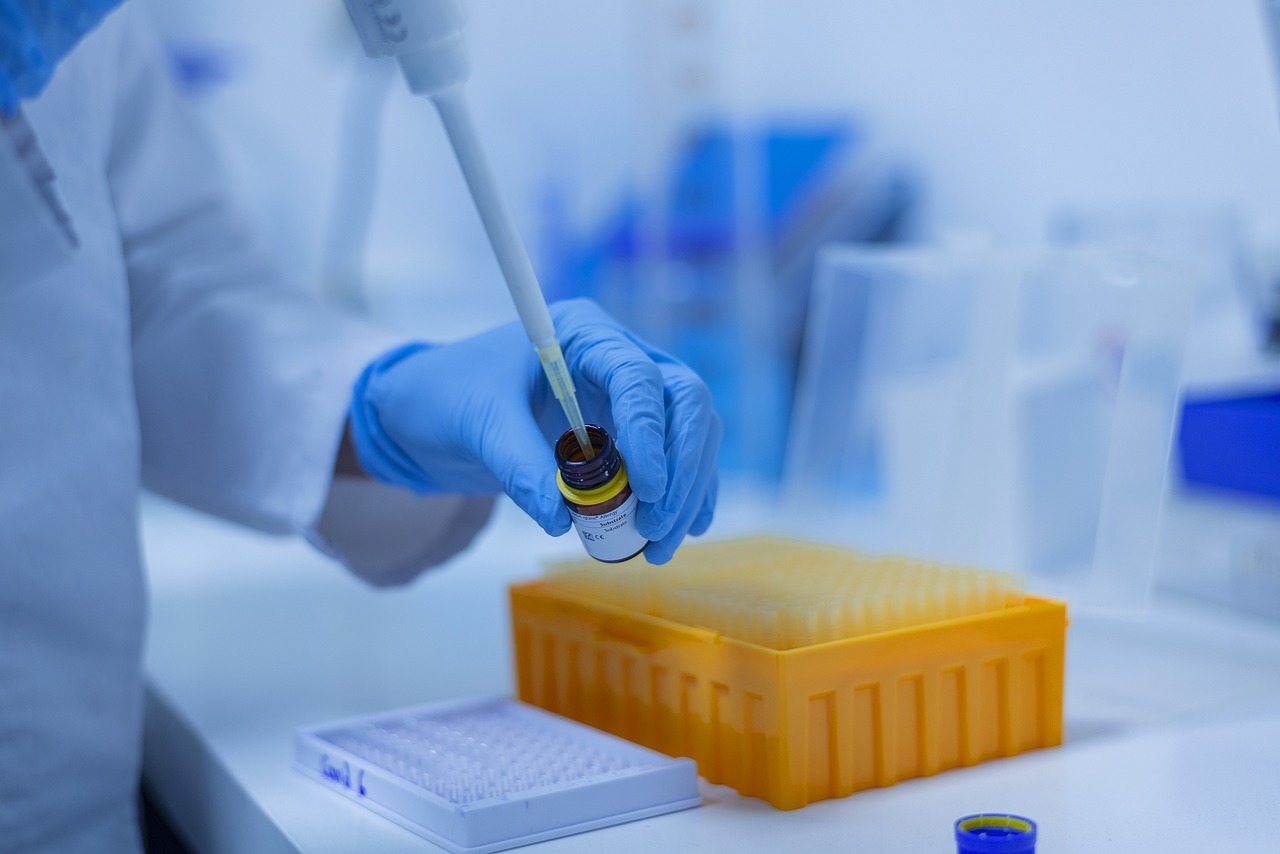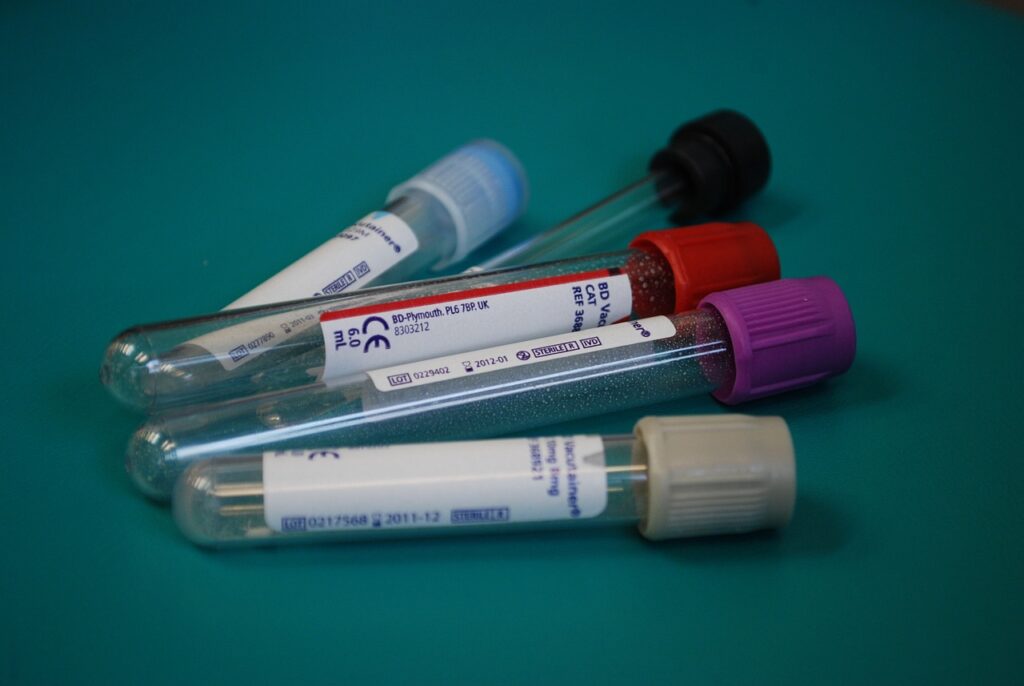Introduction
From the farm to the fork, everyone has a responsibility to ensure the safety of food, which is essential to life. In this intricate procedure, the Food Safety and Inspection Service (FSIS) is essential. The United States Department of Agriculture (USDA) oversees FSIS as a public health organization, which makes sure that the country's commercial supply of meat, poultry, and egg products is healthy, safe, and appropriately labeled and packaged.
We'll go deeply into the Food Safety and Inspection Service in this blog, examining its goals, methods, difficulties, and prospects. Knowing FSIS can help you grasp the significance of food safety laws and how they safeguard the public's health, whether you work in the food industry, are a customer, or are a legislator.
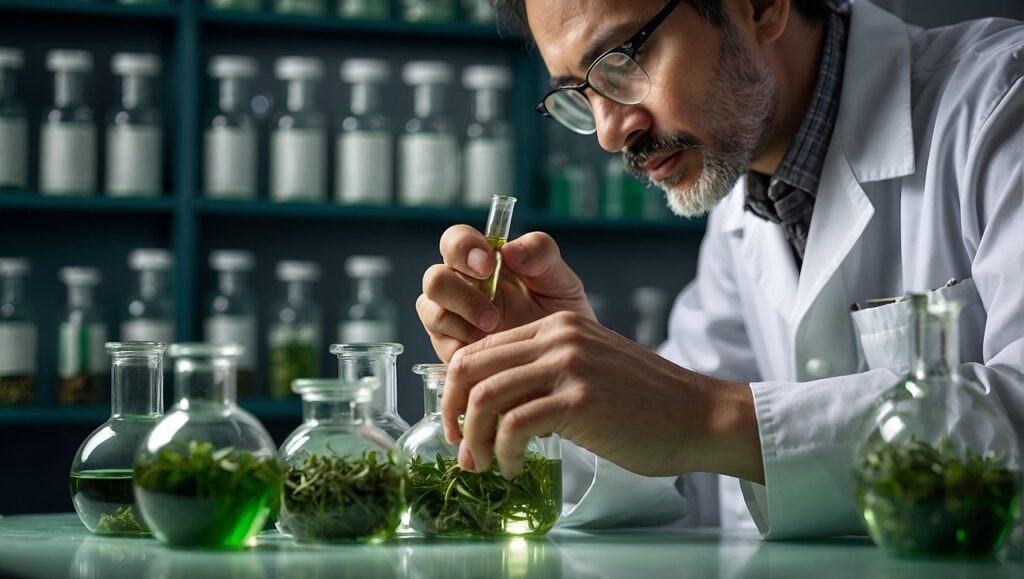
What Is the Food Safety and Inspection Service?
The primary regulatory body in the United States in charge of examining processed egg products, beef, and poultry is the Food Safety and Inspection Service (FSIS). Since its founding under the Federal Meat Inspection Act of 1906, the organization has expanded its capabilities and reach to keep up with shifting consumer preferences and technological developments.
Key responsibilities include:
- Inspecting facilities and food products
- Monitoring imports and exports
- Enforcing labeling standards
- Responding to foodborne illness outbreaks
- Educating the public on food safety practices
The Mission of FSIS
"Protecting the public's health by ensuring the safety of meat, poultry, and egg products" is the unambiguous mission statement of the Food Safety and Inspection Service .
This mission is achieved through a science-based approach that includes:
- On-site inspections in processing facilities
- Laboratory testing and risk assessments
- Public education campaigns
- Policy development based on emerging food safety issues
How FSIS Works: A Step-by-Step Look
1. Inspection and Regulation
More than 6,000 slaughterhouses and food processing facilities in the US are inspected by FSIS. Their presence guarantees:
- Animals are slaughtered humanely
- Meat and poultry are free from visible defects and contaminants
- Sanitary conditions are maintained throughout processing
Before a product is delivered to a customer, it must fulfill Food Safety and Inspection Service requirements. Every day, both online and offline inspections are carried out as part of the thorough and ongoing inspection procedure.
2. Testing and Laboratory Analysis
Modern labs run by FSIS screen food samples for infections such as Salmonella, E. Coli, and Listeria. These labs are essential for spotting possible dangers before they become dangerous.
In order to track and address outbreaks, FSIS also works with the Food and Drug Administration (FDA) and the Centers for Disease Control and Prevention (CDC).
3. Labeling and Packaging Oversight
Labels that are inaccurate or deceptive can be harmful, particularly to those who have dietary restrictions or allergies. FSIS makes sure that ingredients, nutritional data, and expiration dates are appropriately displayed on labels.
Key labeling areas FSIS monitors include:
- Country of origin
- Product name and weight
- Safe handling instructions
- Allergen information
4. International Trade and Import/Export Control
Food imports from other nations are supervised by the Food Safety and Inspection Service (FSIS) to make sure they adhere to American safety regulations. In a similar vein, it authorizes the export of American food items.
All imports are subject to an additional FSIS examination at the port of entry, and only nations with comparable food safety systems are permitted to export meat and poultry products to the United States.
The Importance of FSIS in Preventing Foodborne Illness
The CDC estimates that 48 million Americans suffer from foodborne infections annually, which result in about 3,000 fatalities. FSIS is crucial in keeping these figures from increasing.
By identifying risks and enforcing standards, Food Safety and Inspection Service (FSIS) helps prevent the spread of diseases like:
- Salmonella
- Listeriosis
- Campylobacteriosis
- E. coli infections
When contamination is found, FSIS works with producers to remove dangerous products from stores right away and issues recalls and public health alerts.
Food Recalls: How FSIS Handles Emergencies
Food recall management is one of FSIS's most well-known responsibilities. When mislabeling or contamination is found, FSIS:
- Issues a recall notice to alert the public
- Coordinates with producers for product withdrawal
- Conducts follow-up investigations
- Updates the recall database for consumer reference
These actions demonstrate FSIS’s commitment to transparency and public safety.
FSIS and Consumer Education
A knowledgeable customer is a safer customer. To assist people in understanding safe food handling procedures, Food Safety and Inspection Service (FSIS) offers a multitude of materials, such as:
- Ask Karen: A virtual food safety expert available 24/7
- Meat and Poultry Hotline: Staffed by food safety experts
- Educational campaigns: “Clean, Separate, Cook, and Chill” reminders
Customers are empowered by these initiatives to actively prevent foodborne disease at home.
Challenges Faced by FSIS
The Food Safety and Inspection Service has many difficulties in spite of its advantages, such as:
1. Global Supply Chains
It can be challenging to monitor and uphold consistent standards when food is sourced and processed internationally. To standardize inspection criteria, FSIS must collaborate closely with foreign partners and organizations.
2. Emerging Pathogens
Methods of detection must change along with the infections. To remain ahead of foodborne dangers, the FSIS makes significant investments in research and development.
3. Resource Constraints
FSIS must prioritize high-risk locations due to financial and staff constraints, which can result in fewer inspections of smaller or lower-risk sites.
Technological Advancements in FSIS
Food Safety and Inspection Service (FSIS) has used contemporary technologies into its operations to improve accuracy and efficiency, including:
- Whole-genome sequencing (WGS) to trace foodborne pathogens
- Data analytics to predict contamination risks
- Mobile inspection tools for field inspectors
- Artificial intelligence (AI) for risk-based decision-making
These innovations support faster responses and more precise food safety interventions.
FSIS and Sustainability
Food safety goes hand-in-hand with sustainability. FSIS encourages environmentally responsible practices, including:
- Reducing food waste through accurate labeling
- Encouraging sustainable sourcing
- Promoting animal welfare
These procedures match the objectives of food safety with more general ethical and environmental considerations.
Careers in the Food Safety and Inspection Service
FSIS offers a variety of career opportunities in fields such as:
- Public health and veterinary science
- Microbiology and chemistry
- Policy and regulatory affairs
- Information technology
Together, these experts make up a multidisciplinary team dedicated to public safety.
Future of FSIS: Where Do We Go From Here?
Food safety will become more automated, data-driven, and globally integrated in the future. In order to adapt to these developments, Food Safety and Inspection Service (FSIS) is actively changing by:
- Enhanced digital platforms
- Greater collaboration with international agencies
- Increased public-private partnerships
- Emphasis on proactive risk management over reactive solutions
Given how quickly food technology is developing, the Food Safety and Inspection Service (FSIS) needs to stay flexible and creative in order to carry out its mandate.
Conclusion
The Food Safety and Inspection Service protects public health and confidence in addition to being a regulatory agency. Food Safety and Inspection Service (FSIS) is essential to preserving the safety and integrity of the food we consume on a daily basis, from conducting facility inspections and food testing to informing customers and handling recalls.
Food Safety and Inspection Service (FSIS) contributes to making every mouthful as safe as it is satisfying by remaining dedicated to science, openness, and innovation. Knowing and supporting FSIS's purpose as consumers enables us to fight for a safer food system for all and make wiser decisions.





